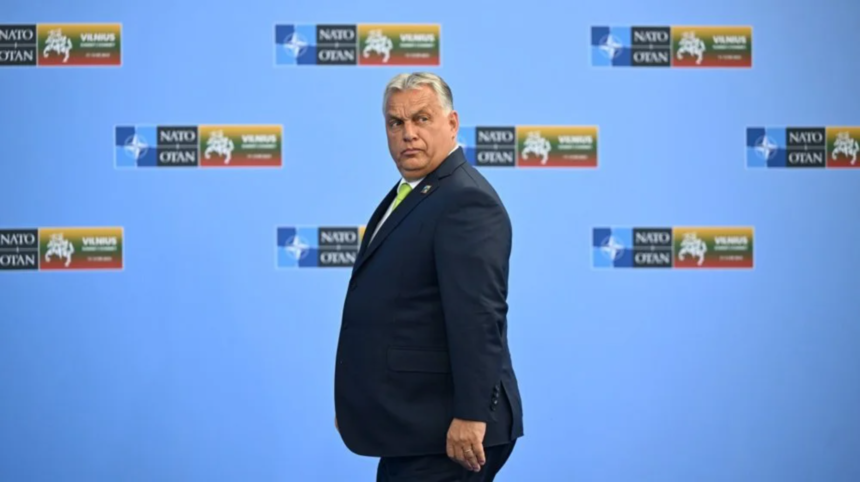Hungary has withdrawn its veto threat, allowing the European Union to renew sanctions against Russia for another six months. This decision ends a brief political standoff that had put Brussels at risk.
The breakthrough reportedly came after a foreign ministers’ meeting where a declaration addressing “the integrity of energy infrastructure” was introduced to appease Hungary’s concerns.
Renewed Sanctions and Energy Disputes
The sectoral sanctions, which include bans on Russian oil, coal, technology, luxury goods, and financial assets, as well as freezing €210 billion in Russian Central Bank reserves, were set to expire on January 31 without unanimous approval.
In the lead-up to the deadline, Hungary had increased its criticism, arguing that Donald Trump’s inauguration as U.S. president warranted a broader review of EU policy and the sanction renewal process.
However, Prime Minister Viktor Orban shifted his stance, linking the issue to ongoing disputes with Ukraine over Russian gas transit. Kyiv ended this transit arrangement in late 2024, affecting Hungary and Slovakia.
Orban stated, “If Ukrainians want support, such as sanctioning Russians, then let’s reopen transit routes and allow Central European countries, including Hungary, to get the gas we need through Ukraine.”
Compromises on Gas Transit
During the weekend, Ukrainian President Volodymyr Zelensky signaled potential compromise, expressing openness to Azerbaijani gas transit through Ukraine—an option previously ruled out.
Zelensky remarked, “The key is having the political will to work for your people, not for Moscow’s hidden benefits, as some Eastern European figures do.”
Hungary and Slovakia, both landlocked nations, have pushed for continued gas transit via Ukraine, warning that an abrupt shift in energy supplies would devastate their economies.
Next Sanctions Looming
While this dispute with Budapest has ended, the EU is preparing its 16th sanctions package against Russia, aiming for approval before the third anniversary of the war in late February. Achieving unanimity will again be crucial.







